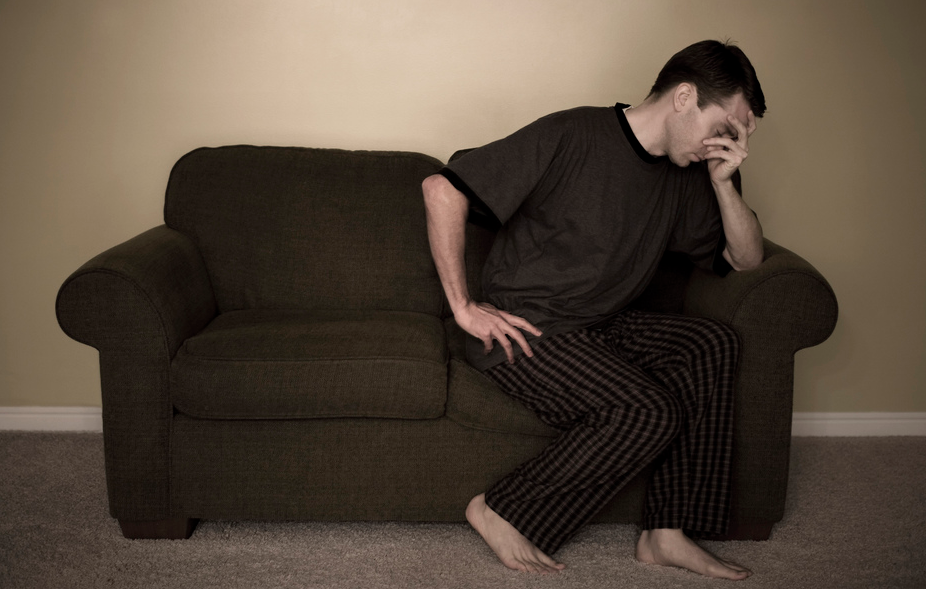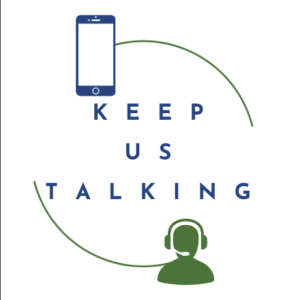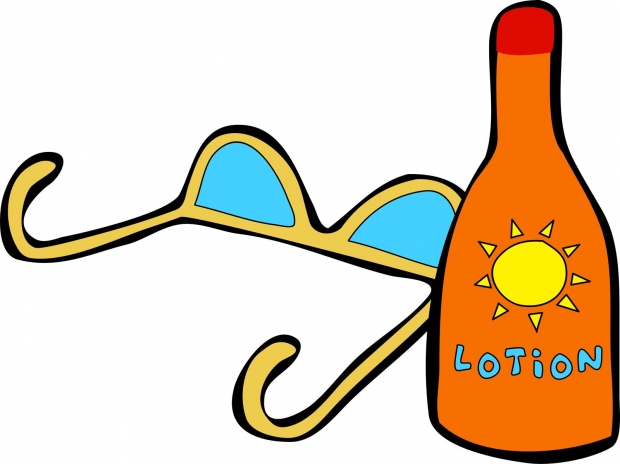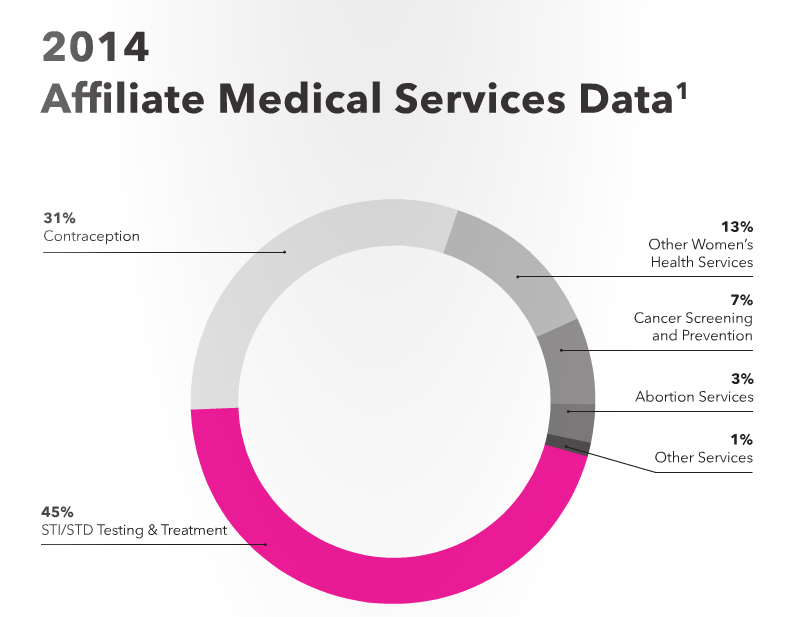Last Updated on April 11, 2025
There’s no better time than right now to invest in your health. Odds are you do it every day — even if you don’t know that’s what you’re doing.
From taking over-the-counter (OTC) medication for headaches, to setting weight loss goals or wearing a fitness tracker, most of us practice self-care every day without realizing it. New research from BeMedWise details just how common self-care is.
Among the report’s 2,000+ survey respondents:
- 92% desire more control over their health
- 89% say they know where to find answers to health questions or concerns
- 80% feel the need to manage their health now more than ever before
- 88% express confidence in making their own health decisions
The full report, titled “Empowering Americans to Take Greater Responsibility for Their Health,” examines how self-care can improve an individual’s health while also reducing medical costs.
It comes at a time where 6 in 10 U.S. adults are living with a chronic disease. Chronic conditions like diabetes, heart disease, cancer, and depression together account for 90% of our $4.5 trillion healthcare budget.
However, the U.S. economy could save an estimated $6.6 billion if just 10% of those with a chronic disease adopted self-care practices.
Below, we’ll describe what self-care is and why it’s having a hard time catching on. Then we’ll send you off with some of our favorite free self-care resources to help you start the new year off right!
What is self-care?
Self-care can include many different types of activities. At a general level, self-care refers to any deliberate decision or action to promote wellness in ourselves. More broadly, it’s our ideas about and attitudes toward taking care of health problems.
Specific self-care routines vary from person to person. Common forms of self-care include:
- Finding answers to health questions on the internet or in pamphlets
- Scheduling regular appointments with a medical professional
- Eating fresh fruits and vegetables
- Taking medication as prescribed
- Maintaining social ties with loved ones
- Getting a good night’s sleep
- Avoiding tobacco, illicit drugs, and excessive alcohol use
- Staying physically active
- Washing your hands
- Setting aside downtime every day
Some self-care routines like washing your hands and brushing your teeth seem culturally ingrained here in the U.S. Unlike countries like Canada and Japan, however, the United States has yet to embrace self-care as an essential part of its healthcare system despite public and institutional support — a mistake that costs us billions every year.
So why isn’t self-care more of a national priority?
Barriers to self-care
In a 2013 paper, the Institute of Medicine included self-care as one of the four pillars of healthcare, where patients actively partner with healthcare professionals to make decisions about their health.
Despite its importance in a functioning healthcare system, BeMedWise’s report exposes our nation’s slow adoption of a self-care mindset. The report attributes that lag to several personal and institutional barriers including:
- Inconsistent definitions of self-care
- Low health literacy in medically underserved communities
- Lack of public interest
- Confusion about the right time to practice self-care
- Widespread belief that healthcare professionals will prescribe more effective therapies
- Concerns about wasting a healthcare professional’s time with questions
These problems, while prevalent, are neither permanent nor impossible to fix. Below, we’ll look at the report’s conclusions on how to overcome self-care barriers.
6 ways to break down self-care barriers

Advancing our self-care culture requires a national commitment. Practically speaking, that means investing in public outreach, facilitating convenient ways to practice self-care, and supplying healthcare workers with the necessary resources to educate patients.
After consulting advisors from professional societies, health organizations, government agencies, and industry leaders, BeMedWise spells out six national priorities to ensure wider self-care adoption in the U.S.:
- Elevate self-care as an essential component of health care
- Agree on a common definition of self-care to unite the public health community
- Mount a sustained national awareness campaign that empowers Americans to make self-care decisions at different life stages
- Address the self-care information needs of Americans with low health literacy
- Create a supportive environment for health professionals to advance self-care
- Address roadblocks to greater self-care practices
You can about learn more about each one by checking out the full report from BeMedWise.
Free self-care tools and resources
Ensuring a proper self-care culture requires buy-in at all levels; politicians, advocates, healthcare workers, and patients each have a role to play. But what does that mean for your daily routine? Where do YOU begin?
To help you answer that question, we’re providing some of the best free self-care apps, websites, and other resources to get you thinking about your own wellness.
Mobile Apps
- MyFitnessPal is a mobile app that tracks your diet and exercise. Produced by Under Armour, it includes a database of more than 6 million foods, allows you to log workouts and meals, and even counts your steps.
- Sleep Cycle is a sleep-management app that analyzes your unique sleep pattern, claiming to wake you when you’ll feel most rested.
- Insight Timer, the Apple store’s top-rated free meditation app, includes more than 4,000 guided meditations along with other talks and podcasts.
- SoberGrid is an addiction recovery app focused on community. Features include 24/7 live peer coaching, daily check-ins, progress tracking and sharing, and the ability to find local members near you.
- SuperBetter is a play-based app designed to help users increase resilience by following through on personal goals and challenges.
Websites
- Choose My Plate, an interactive healthy eating guide provided by the U.S. Food and Drug Administration.
- Up & Away, an initiative for the safe storage of medicines supported by the U.S. Centers for Disease Control and Prevention.
- Stay Away from Tobacco, resources for quitting tobacco from the American Cancer Society.
- The Stress Management Society, a UK nonprofit helping individuals recognize and reduce stress.
- The 988 Suicide & Crisis Lifeline, a national network of local crisis centers providing free and confidential emotional support to people in distress.
- UCLA Mindful Awareness Research Center, an academic resource center fostering mindful awareness through research and education.
More Resources
- The Importance of Self-Care, a 9-part video series from TED.
- This self-care starter kit, published by the University of Buffalo’s School of Social Work.
- This list of wellness resources, via Kaiser Permanente.
- This list of self-help strategies for veterans, from Make the Connection.
- This collection of self-care resources for caregivers, courtesy of BeMedWise.
- “Self-care: 4 ways to nourish body and soul,” via Harvard Health Blog.
- “13 Soothing Books to Read When Everything Hurts,” via Buzzfeed.
- “8 Mental Health and Self-Care Resources for for Queer and Trans POC,” via AFROPUNK.
- “A Role for Patients: The Argument for Self-Care,” published in the American Journal of Preventive Medicine.
- “Is Self-Care the New Health Care?” via the Society for Human Resource Management.
- “Women’s self-care: a new take on an old practice,” via PATH.
(With permission from the American Pharmacists Association, this blog was adapted from “In report, NCPIE seeks to advance U.S. self-care movement,” Pharmacy Today, May 2018, Volume 24, Issue 5, Page 20).
NeedyMeds does not endorse or recommend any commercial products, processes, or services. The views and opinions of authors expressed may not be used for advertising or product endorsement purposes.





